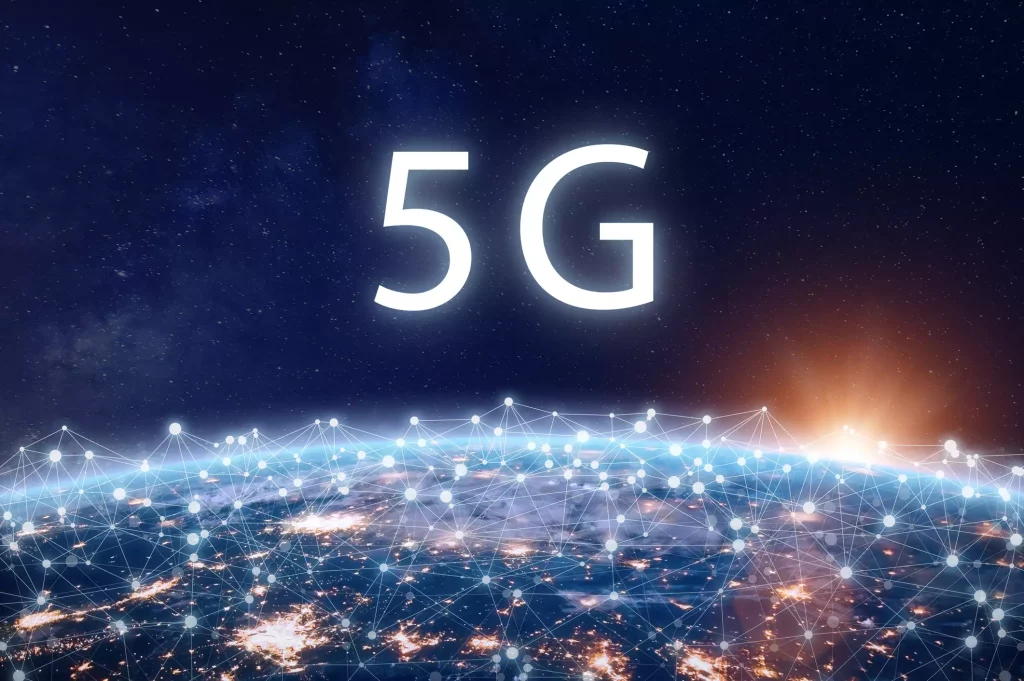In the past, space exploration was dominated by government-backed organizations like NASA that seemingly had endless funding. However, nowadays, space travel has become more accessible than ever, largely thanks to Elon Musk and his groundbreaking company, SpaceX. By introducing reusable rockets, Musk has significantly reduced the costs associated with space travel, opening up a world of endless opportunities. Consequently, numerous companies and countries have started to launch objects into orbit at more affordable prices. Among these companies is Sateliot, which successfully deployed the world’s first 5G satellite into space using SpaceX‘s services. Here are the details…
How Sateliot Plans to Fill the 85% Gap in Global Mobile Connectivity
Although 5G technology has been around for some time, it is not yet widely used. The main reason for this is that many countries have not yet established the necessary infrastructure. This and similar negative developments have slowed down the progress of the technology, but a solution has emerged from a company called Sateliot. You may have heard of Starlink, founded by Elon Musk, which aims to provide global broadband internet using hundreds of satellites in orbit.

Sateliot is not much different. The company, established with a similar mindset, differs from Starlink by providing cellular connectivity. Although they are fundamentally competitors, it might be more accurate to describe these two companies as “siblings” or “cousins” at this point. Most recently, Sateliot developed the world’s first 5G satellite and launched it into space using SpaceX’s services.
SpaceX has successfully launched the first-ever 5G satellite into low Earth orbit. The satellite, named “The GroundBreaker,” is part of a planned constellation of over 250 spacecraft designed to communicate with terrestrial cell towers and bridge gaps in data networks worldwide. Sateliot aims to fill an estimated 85 percent gap in global mobile connectivity and envisions numerous applications across various markets, including transportation.
However, like everything else, this is not cheap. Sateliot has already reported sales exceeding $1.3 billion as its first satellite begins operation.
RELATED:
- SpaceX’s Starship Test Flight: A Rocky Start to a Promising Future
- Here’s the Rover that will Accompany SpaceX’s Starship to the Moon
- Relativity Space 3-D Printed Rocket Failed to Reach Orbit
- SpaceX vs Amazon: The Battle for Space Internet Dominance Heats Up
- First 3D-Printed Rocket Set to Launch into Space (Really)
(via)




